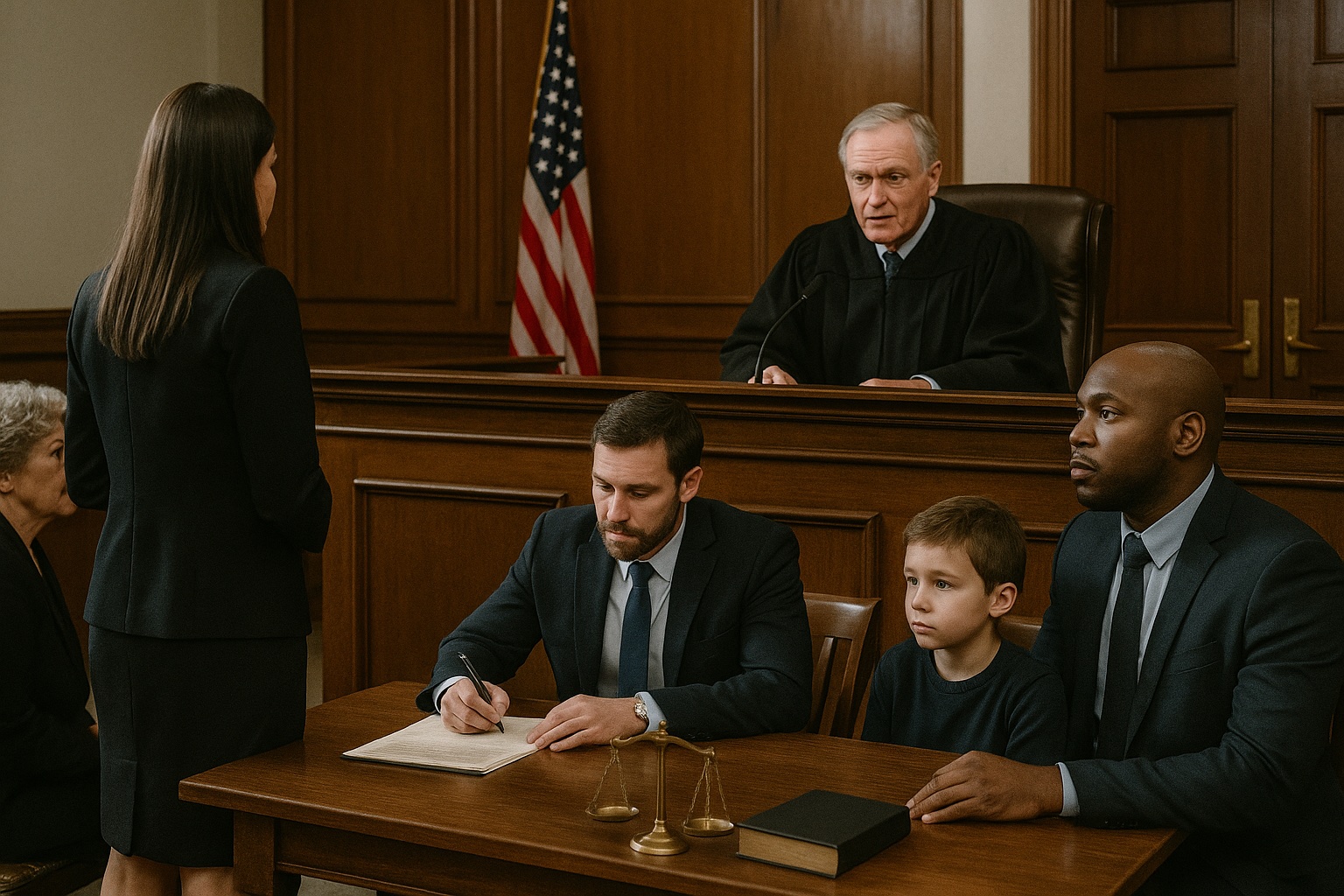How to Handle a Lowball Settlement Offer from the Insurance Company
If you've been injured in a car accident in California, receiving a low settlement offer from the insurance company can be incredibly frustrating — especially when you’re facing mounting medical bills, missed work, and ongoing pain.
You’re not alone. Lowball offers are a common tactic used by insurers to protect their bottom line. Fortunately, there are clear steps you can take to push back and demand the compensation you rightfully deserve.
Why Do Insurance Companies Make Low Offers?
Insurance companies are in the business of minimizing payouts. Even if you have a strong case and clear injuries, their goal is to settle for as little as possible.
They may make a low offer because:
- You don’t have legal representation
- You haven’t finished medical treatment yet
- You’re under financial stress and more likely to settle quickly
- They believe you don’t know the full value of your claim
- They expect you to accept out of frustration or fear of delay
What Does a Lowball Settlement Look Like?
Low settlement offers often fail to reflect the full extent of your damages. Here are signs that your offer may be too low:
- It doesn’t cover all your medical bills or treatment costs
- It ignores future care or ongoing pain
- Pain and suffering damages are minimal or excluded
- Your lost wages or diminished earning capacity are missing
- The adjuster pressures you to settle quickly
- The offer is presented as “final” with no room for negotiation
What to Do When You Receive a Low Settlement Offer
1. Don’t Accept or Sign Anything Immediately
Signing a release may forfeit your right to additional compensation — even if new injuries emerge or your condition worsens. Always review the terms carefully with a lawyer before agreeing to anything.
2. Ask for a Written Explanation
Request a breakdown of how the insurer calculated your damages. This can expose areas they’re undervaluing or ignoring, such as future medical needs, pain and suffering, or lost wages.
3. Gather and Submit Full Documentation
Provide medical records, doctor’s notes, bills, pay stubs, and receipts for all out-of-pocket expenses. A stronger paper trail often leads to higher offers.
4. Clearly Explain Your Injuries
Don’t just send documents — make sure the adjuster understands the real impact of your injuries. This includes:
- The type and severity of your diagnosis (e.g., herniated disc, concussion, soft tissue damage)
- How your injuries affect your daily life, job, and relationships
- Any pain, mobility limitations, or emotional distress you experience
- Whether further treatment, physical therapy, or surgery is anticipated
- Notes from your treating physician that tie your injuries directly to the accident
A detailed personal statement or pain journal — combined with your medical records — can help humanize your claim and strengthen your demand for fair compensation.
5. Draft a Counteroffer or Demand Letter
A well-organized counteroffer lays out the facts, your damages, and the legal basis for a higher amount. This is where having a lawyer becomes essential — they can help you frame your injuries in legal and financial terms that resonate with insurers.
6. Consult a Personal Injury Attorney
Even just consulting with an attorney shows the insurer you’re serious — and often results in a more reasonable offer. A lawyer will also protect you from saying or doing anything that could harm your claim.
When a Low Offer Might Be Bad Faith
California law requires insurance companies to act in good faith when handling claims. If an insurer refuses to make a fair offer, delays payment without cause, or ignores evidence, it could be considered bad faith conduct.
Examples of bad faith include:
- Failing to investigate your claim properly
- Delaying decisions without explanation
- Misrepresenting policy terms
- Refusing to explain a denial
- Pressuring you to settle before completing treatment
If you suspect bad faith, an experienced attorney can escalate the issue and potentially seek additional compensation through a bad faith insurance claim.
How a Lawyer Can Help You Fight a Lowball Offer
Having a personal injury lawyer on your side sends a clear message: you won’t be pushed around.
A lawyer can:
- Accurately value your claim (including future damages)
- Prepare a demand package that includes medical evidence, expert input, and legal arguments
- Negotiate directly with adjusters
- File a lawsuit if the insurer refuses to cooperate
- Identify signs of bad faith and take appropriate legal action
Best of all, most personal injury lawyers — including Lawyer Gigi — work on a contingency fee basis. You don’t pay anything unless you win.
Don’t Settle for Less Than You Deserve
You only get one chance to settle your injury claim. Once you sign, your case is closed — even if complications arise later.
Before you accept anything, talk to a lawyer who can advocate for your full recovery.
Call Lawyer Gigi today for a free consultation.
We’ll review your settlement offer, explain your options, and help you fight for the compensation you’re entitled to under California law.







